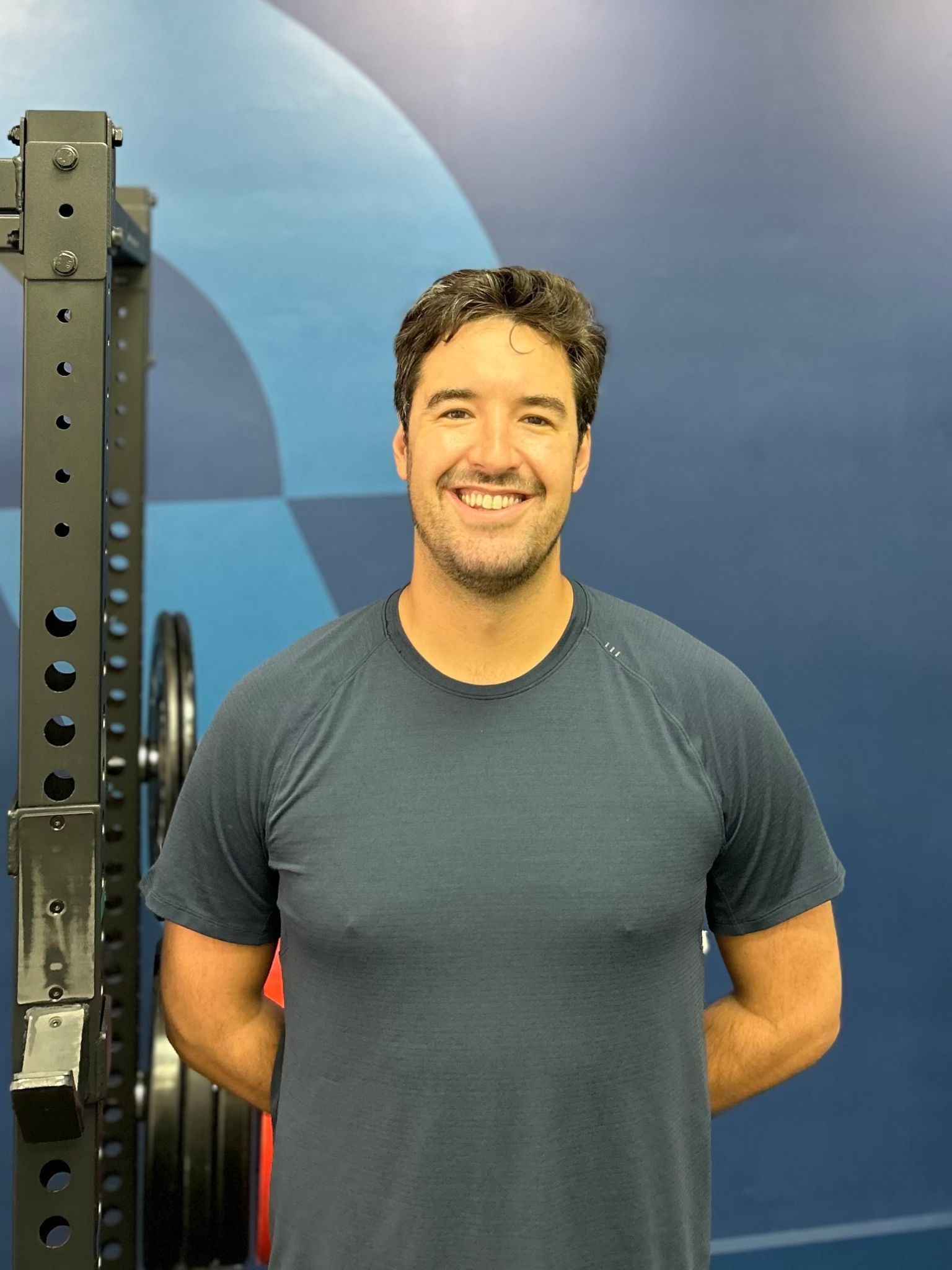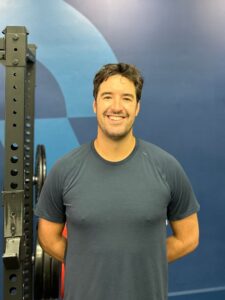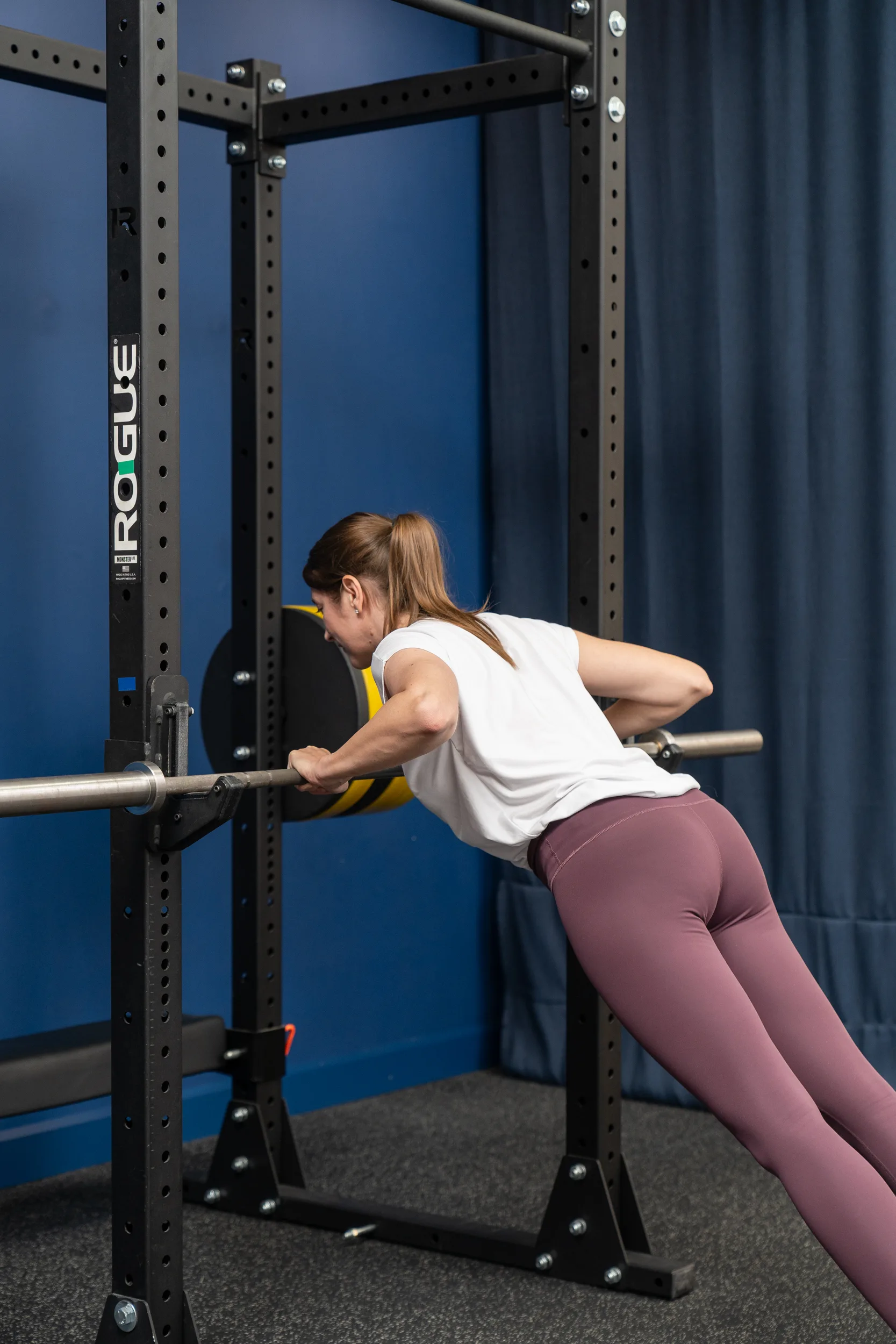Recovery Is ‘Over’—But You’re Still Unsure Of What Comes Next
That’s more common than you think.
We specialize in helping people bridge the gap between physio and returning to their active lifestyle, with guidance that meets you where you are.
Through tailored programs and attentive guidance, our clients have achieved remarkable outcomes. From regaining strength and mobility to participating in activities they once thought were out of reach, our clients have found renewed confidence in their bodies.
Your goals are within reach, and we’re here to help you achieve them, one step at a time.
We’ve helped clients rebuild after:
- Knee-Replacement Surgery
- Frozen Shoulder
- ACL Injuries
- Post-Abdominal Surgery
- Back Pain
- Sciatica



